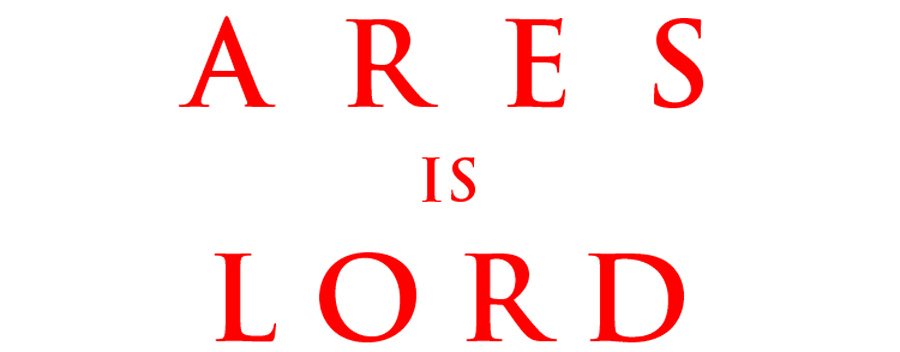

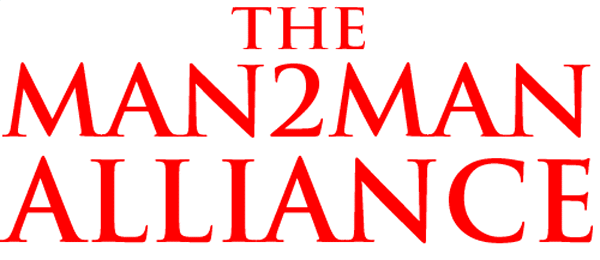
















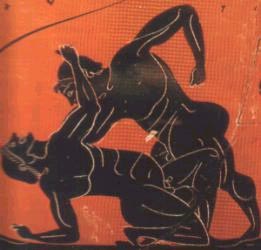
and
who reject anal penetration, promiscuity, and effeminacy

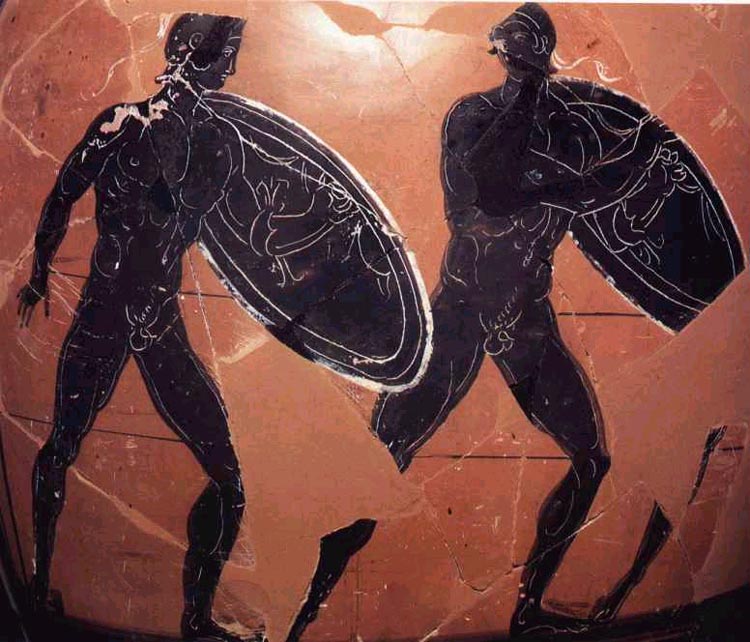


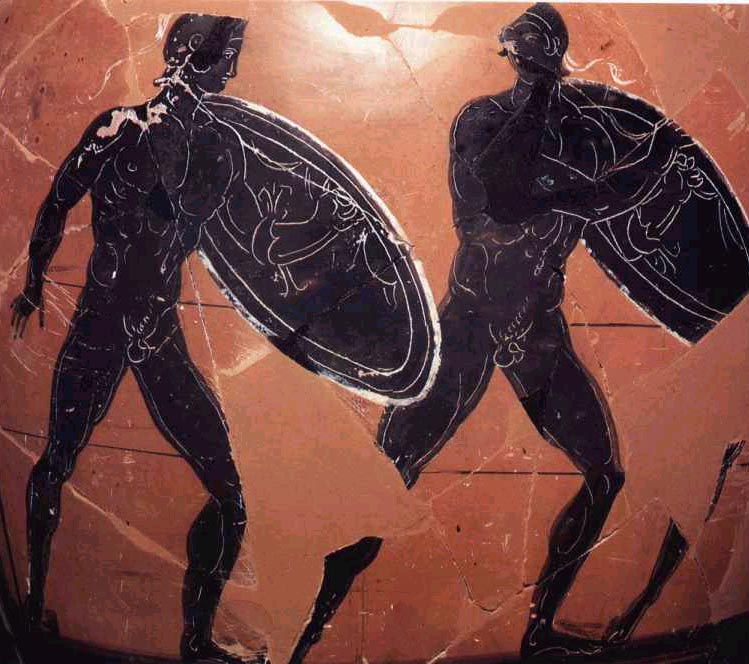


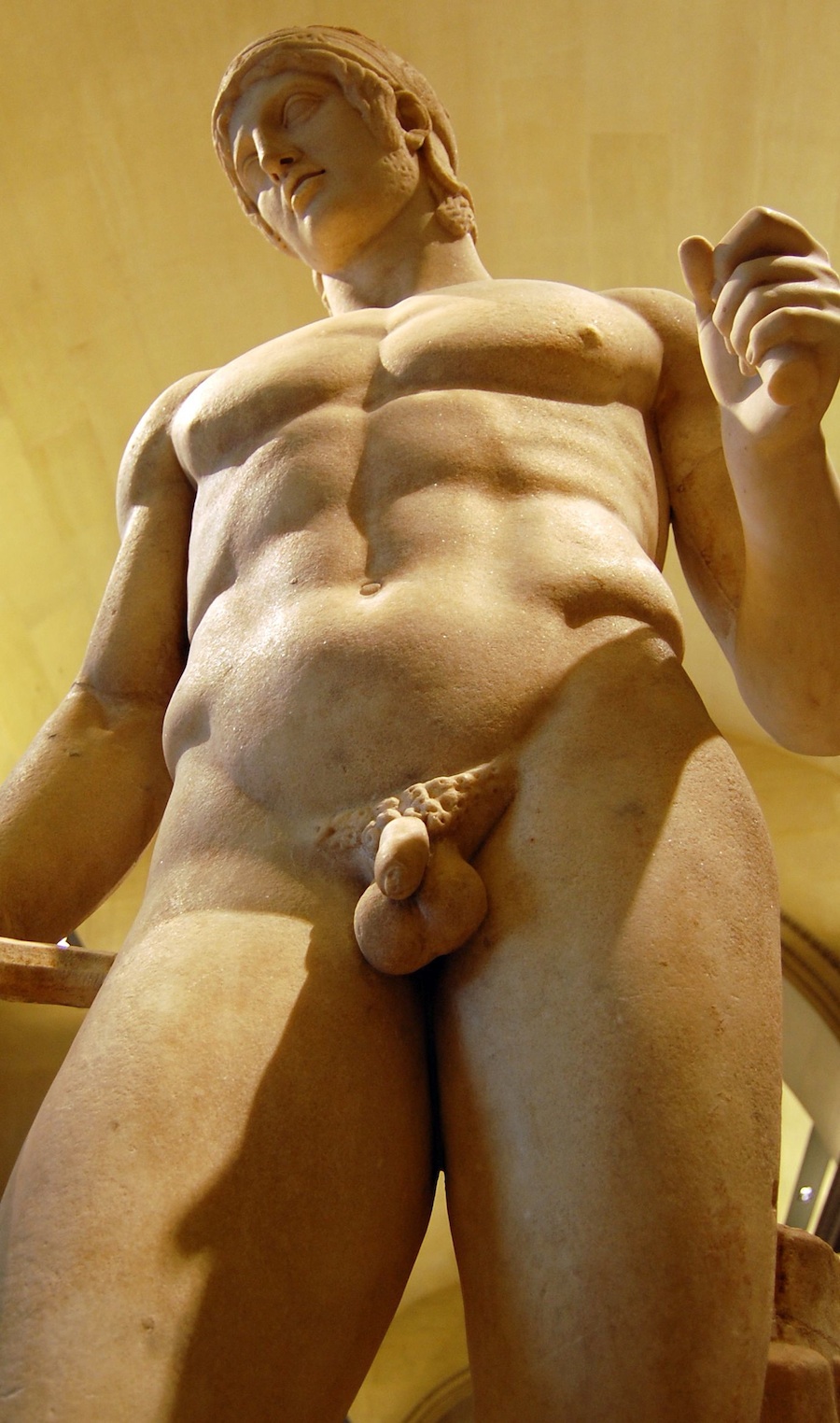



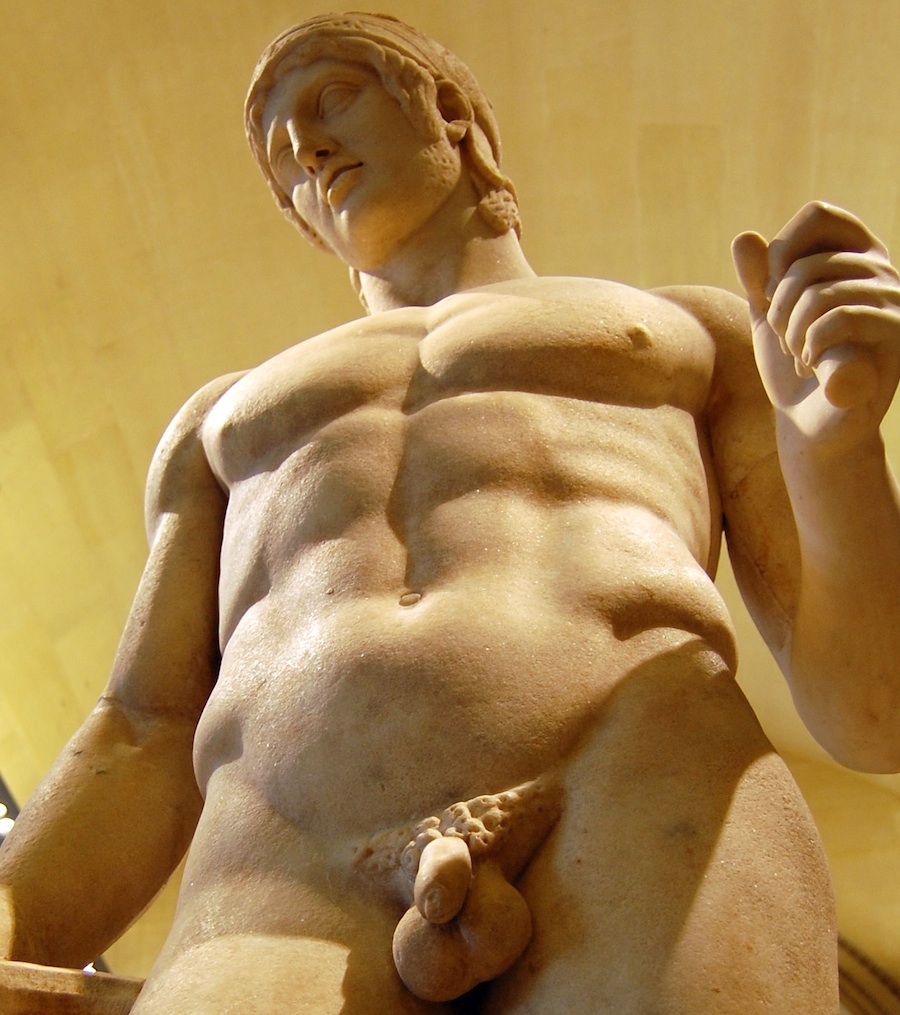


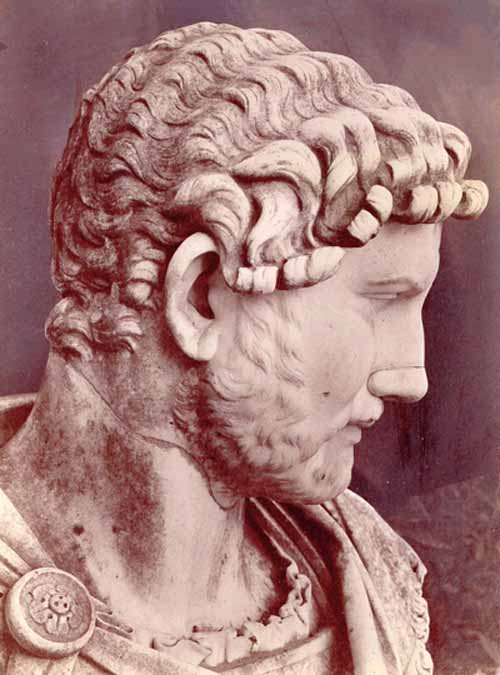
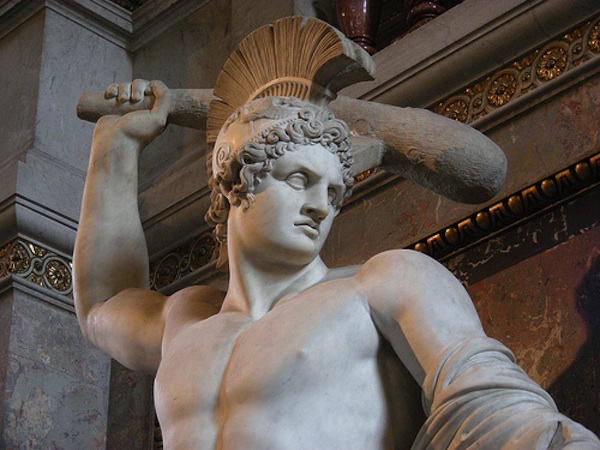
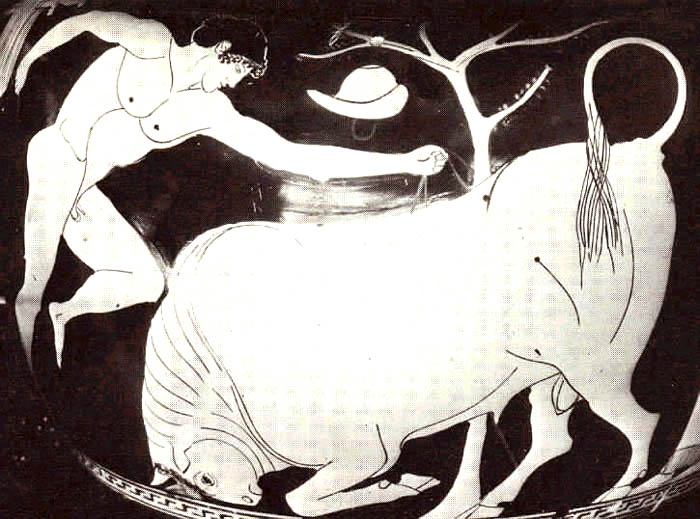




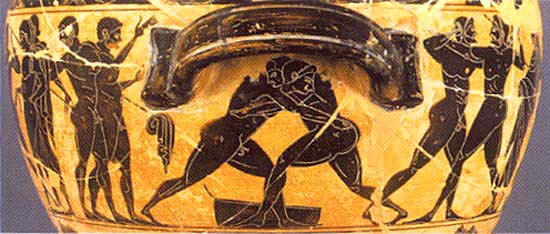

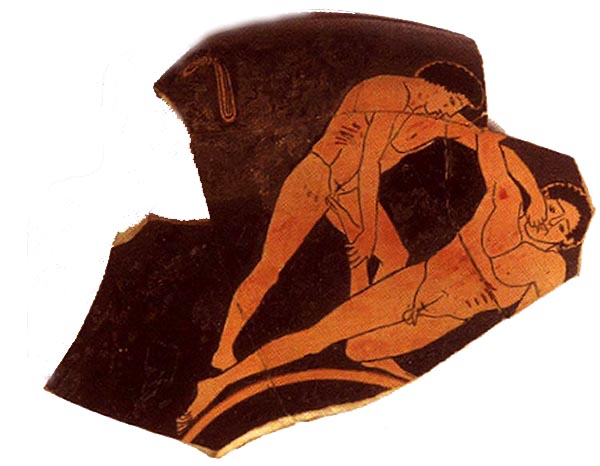
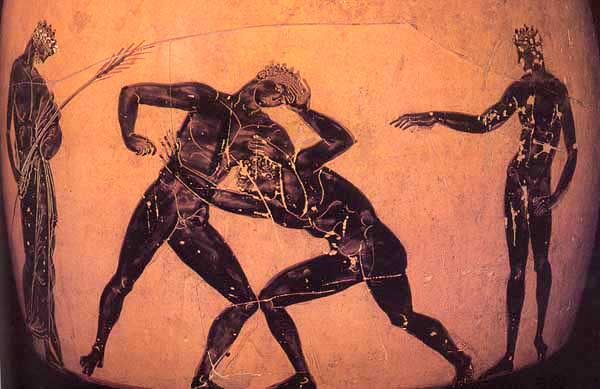
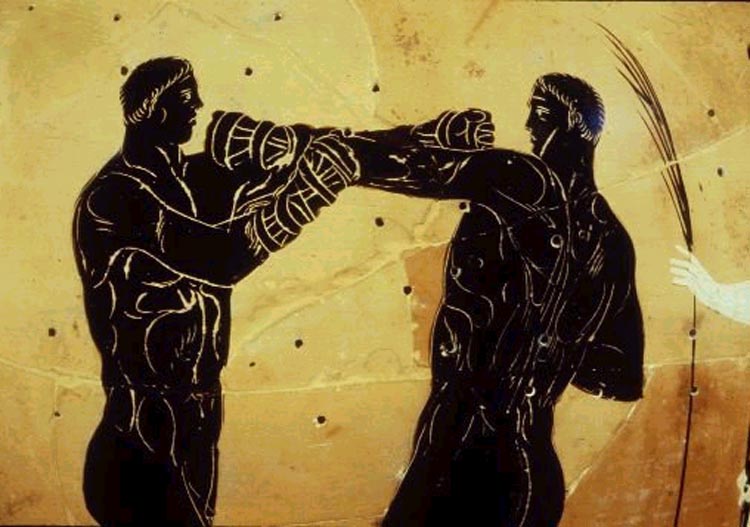
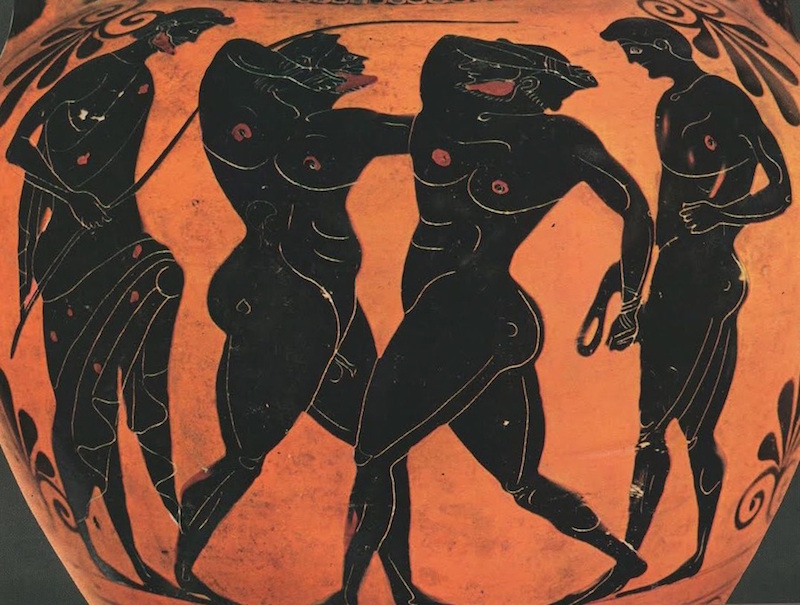
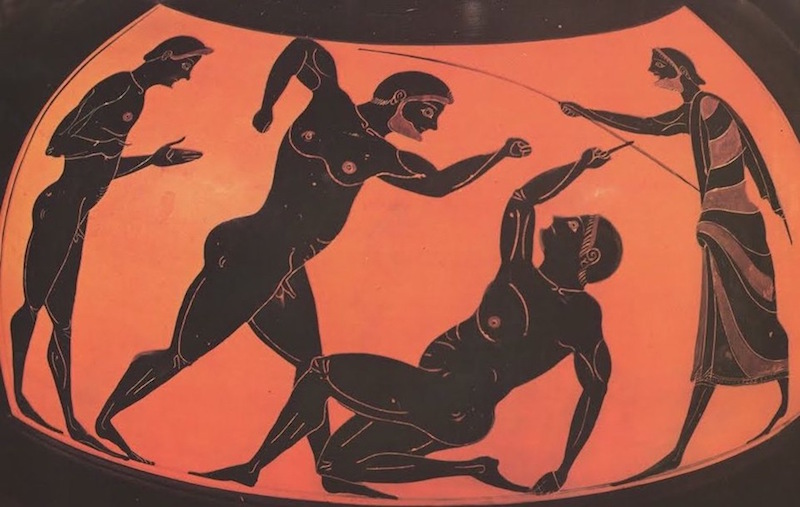
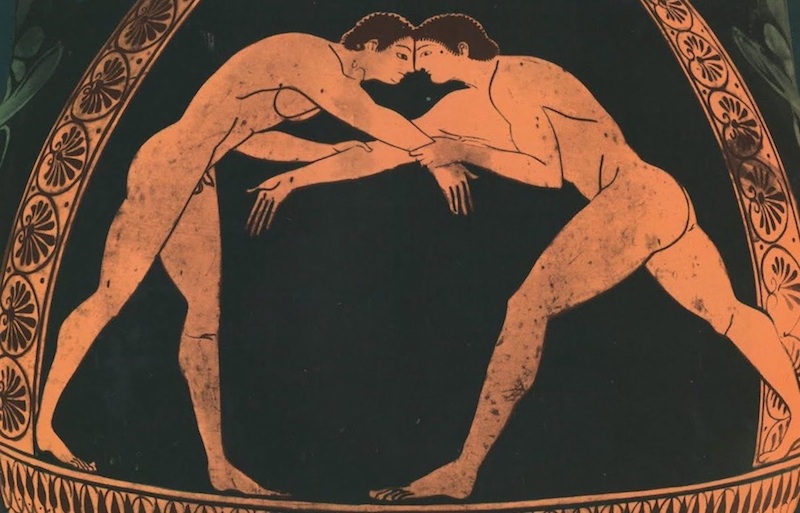
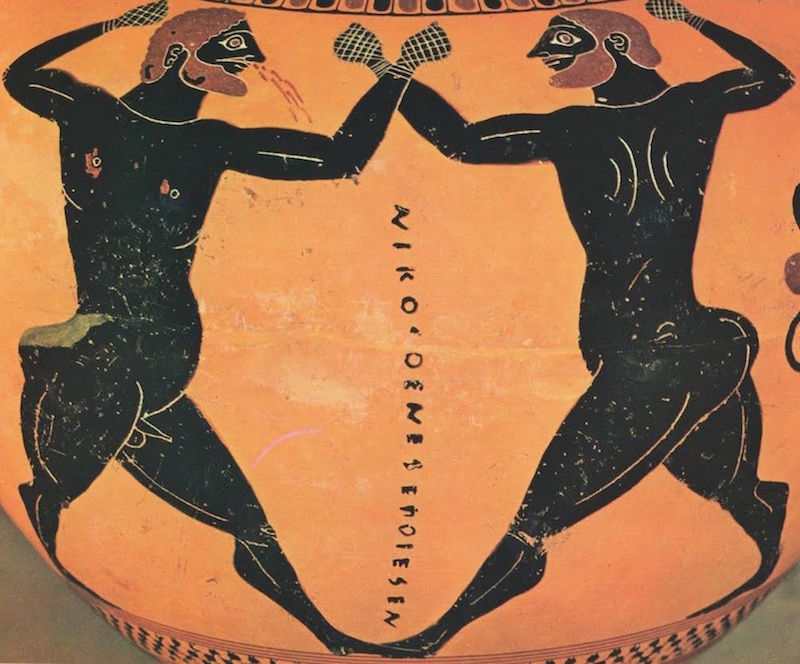
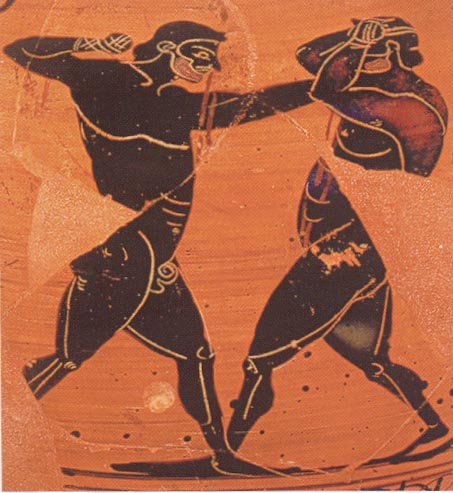
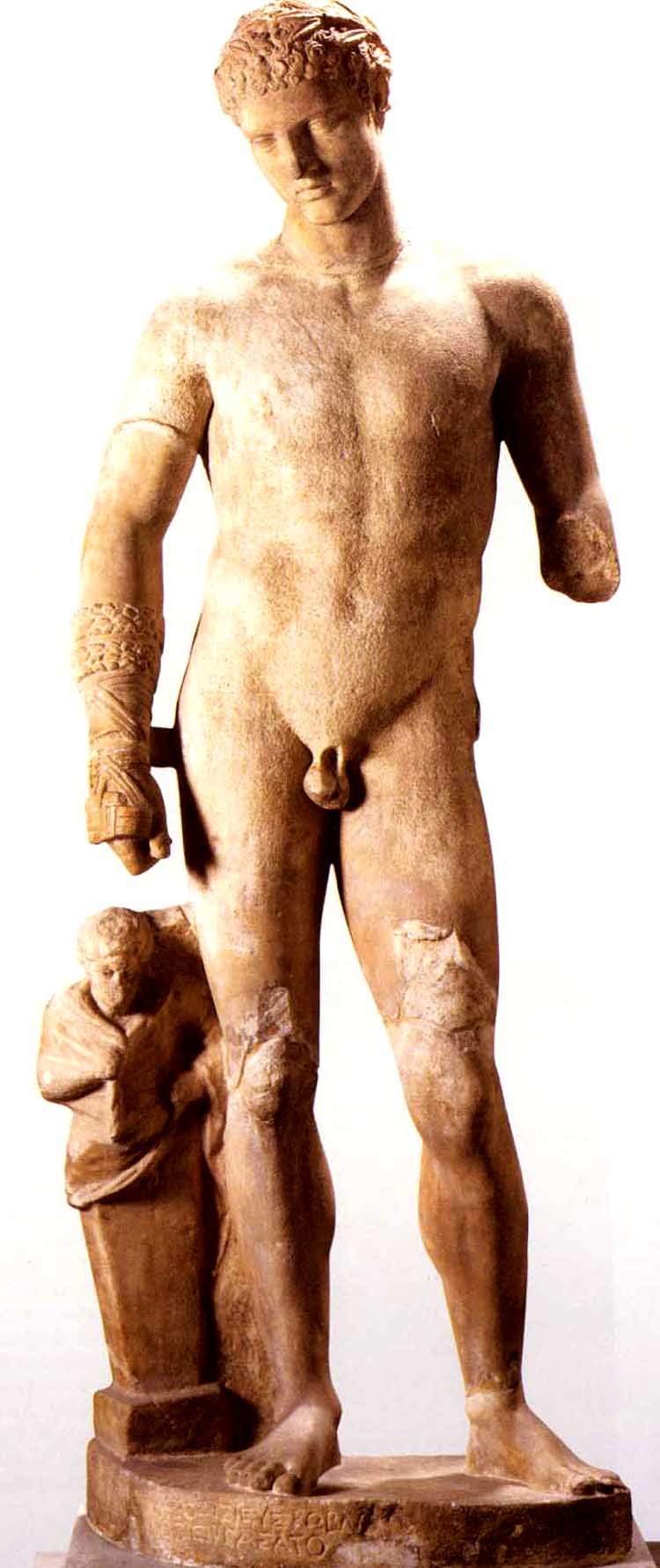




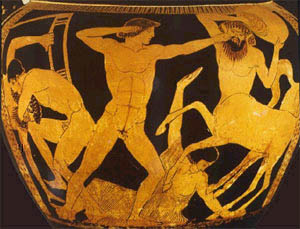
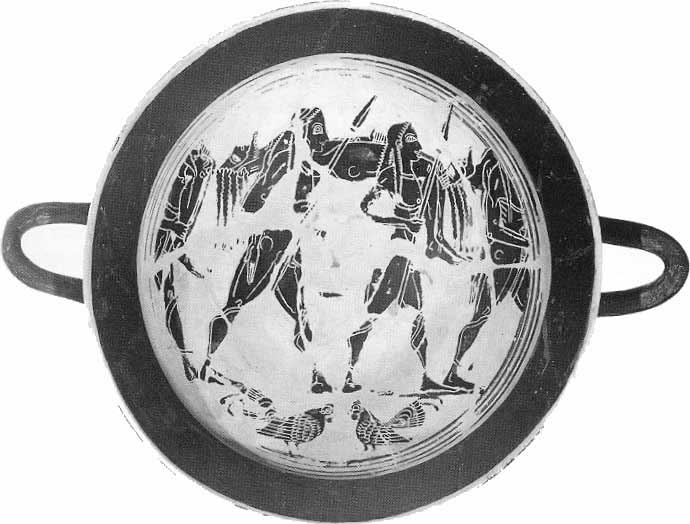
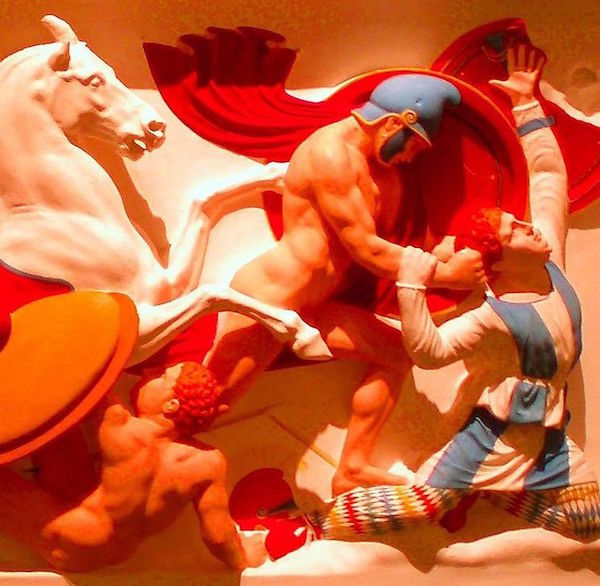
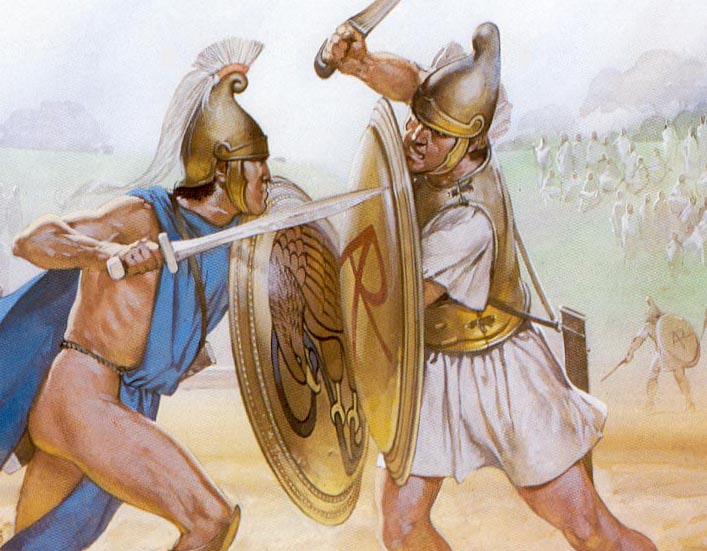
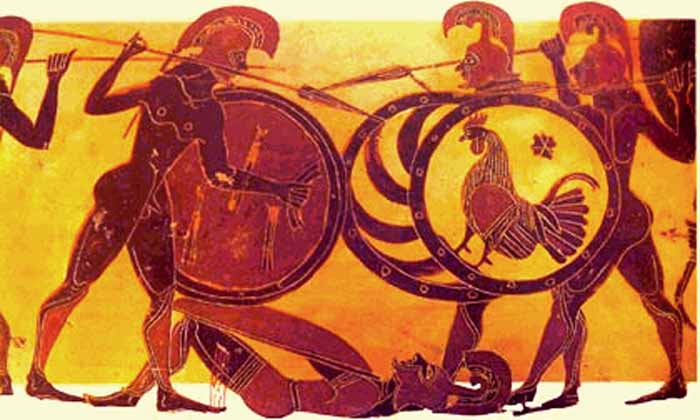
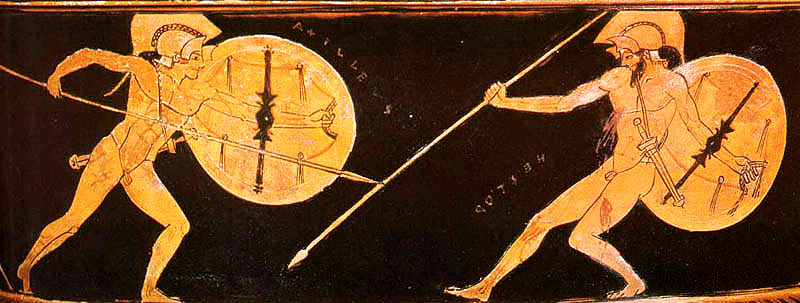
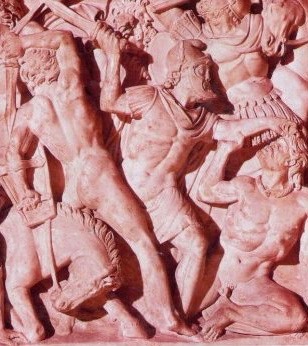







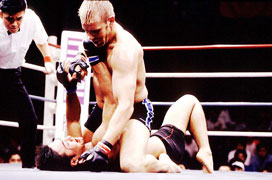
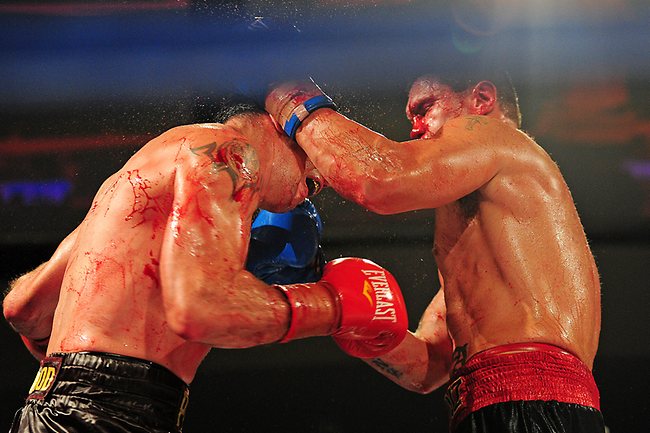

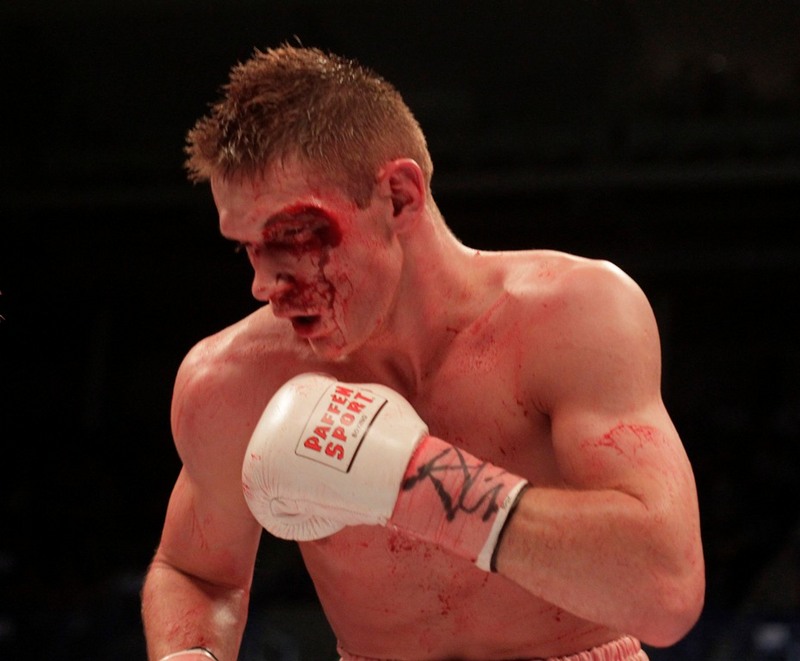
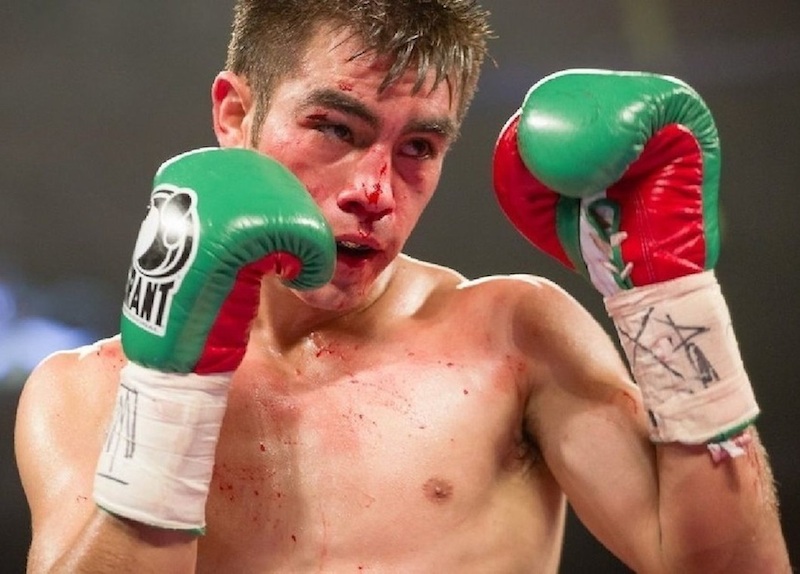
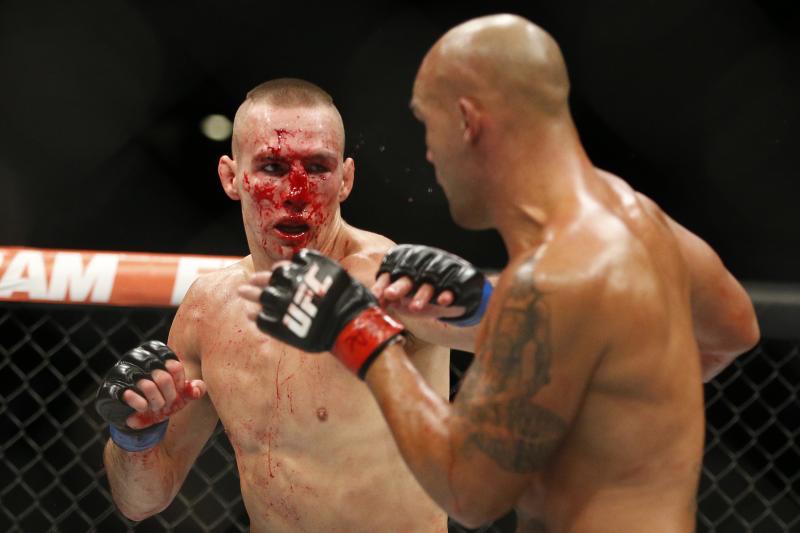
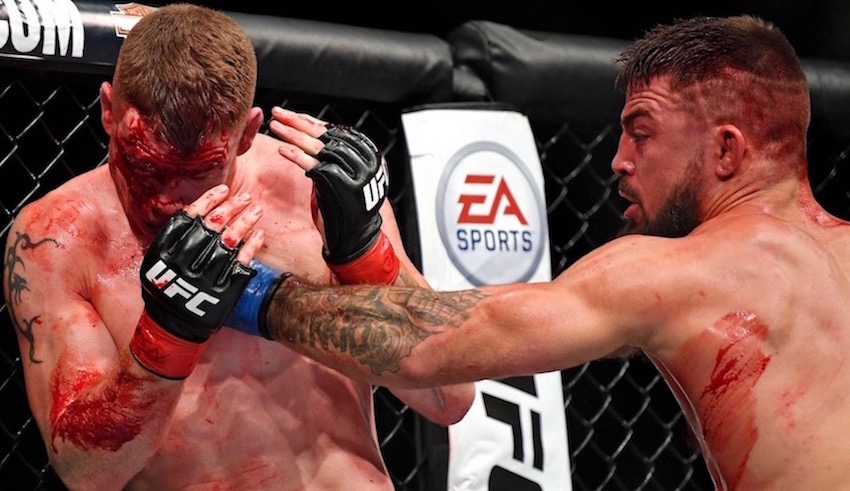
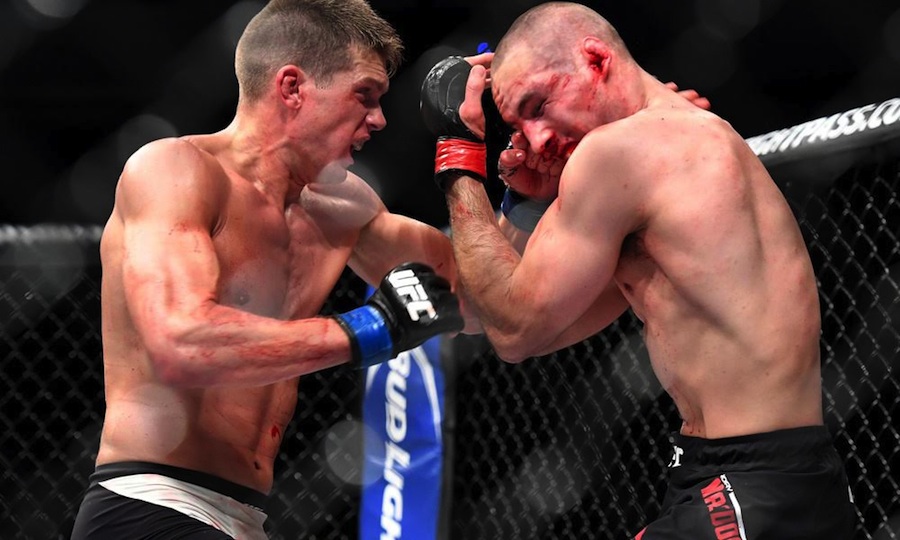
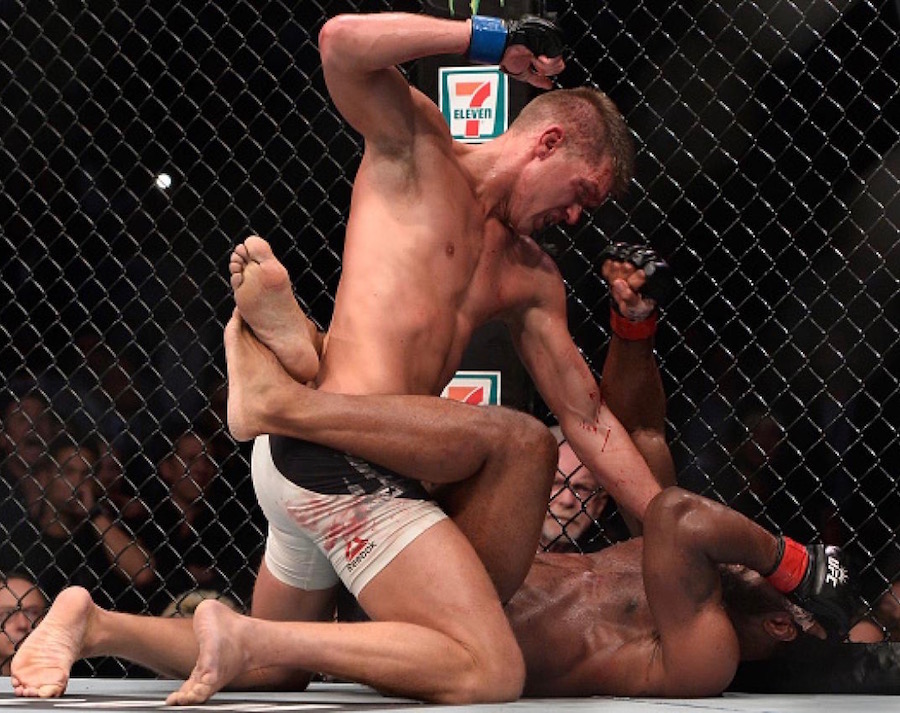
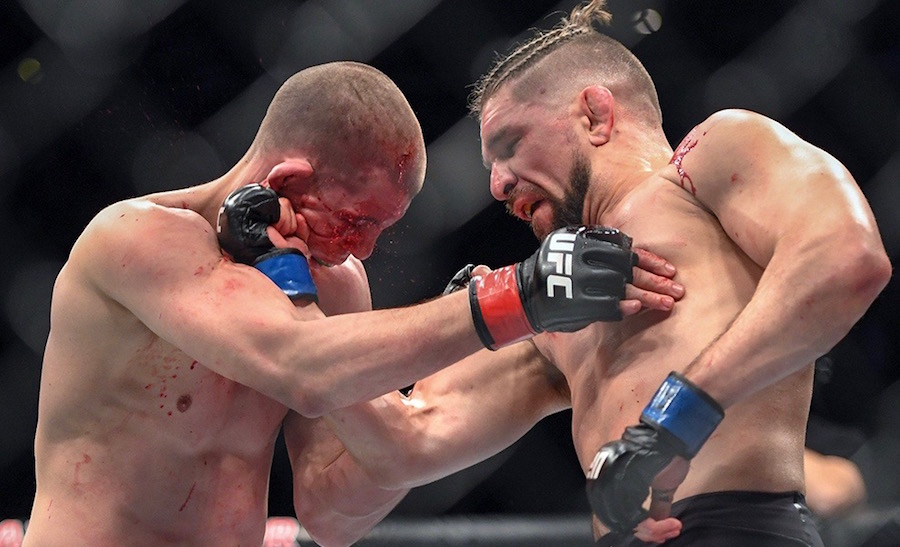

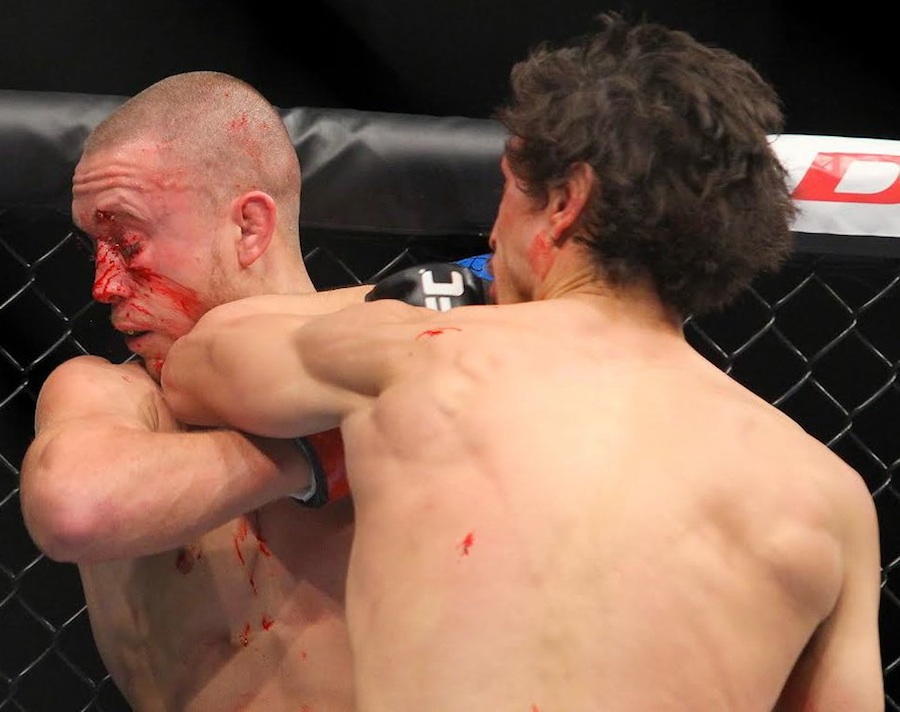
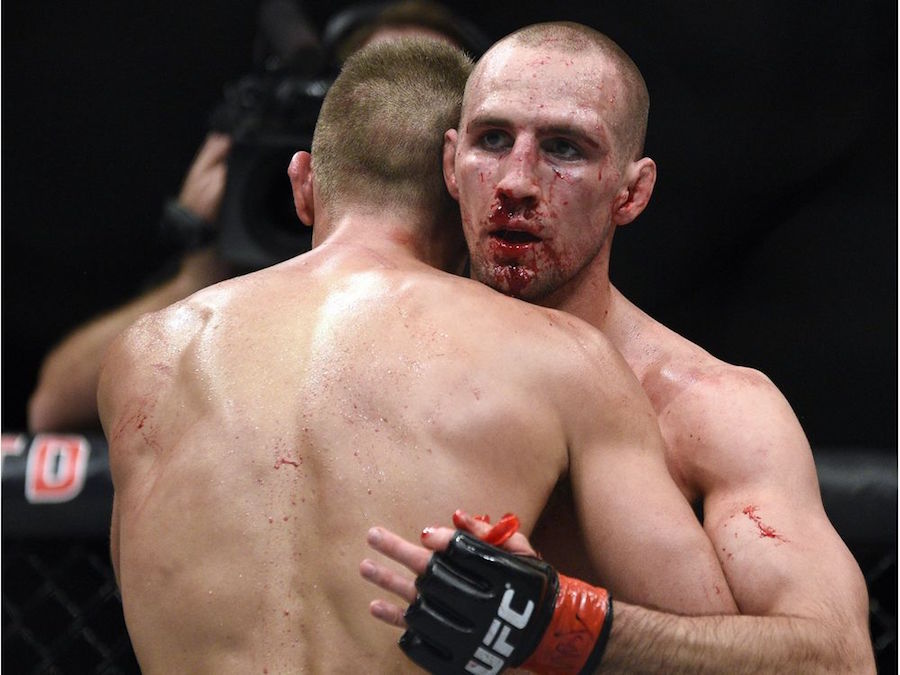
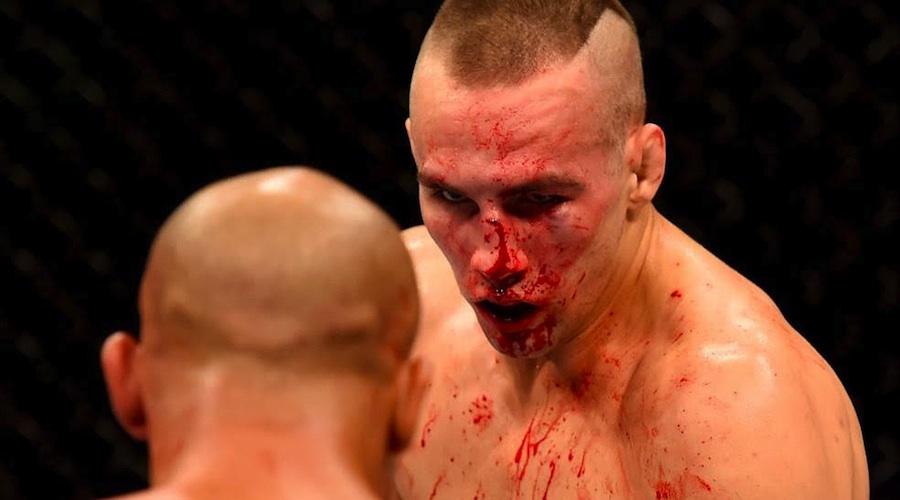



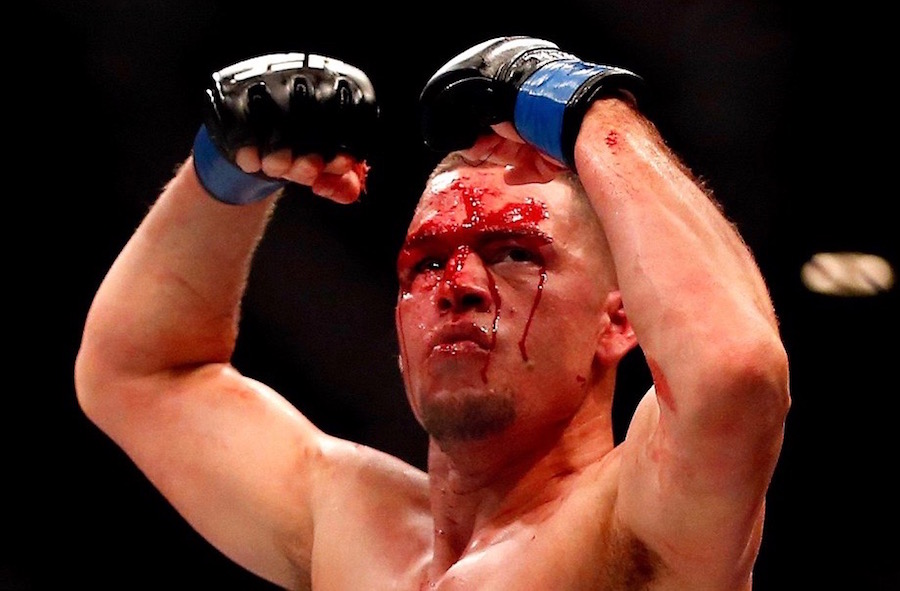






By
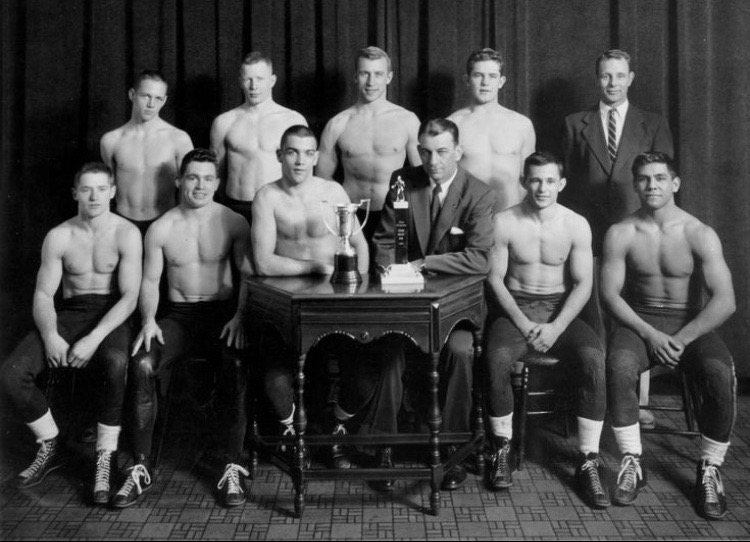
Check out the college wrestling team from probably a century ago.
Excellent bodies naturally built from man-to-man combat.
They're beautiful.
They are KALON.
Bill Weintraub :In his translation of Aristotle's Nicomachean Ethics, aristotelian H. Rackham renders Kalon as Moral Nobility and says
Καλον is a term of admiration applied to what is correct, especially (1) bodies well shaped and works of art or handicraft well made (see iii. vii. 6), and (2) actions well done ; it thus means (1) beautiful, (2) morally right. For the analogy between moral and material correctness see ii. vi. 9.
Naked Wrestler :
I think I get it now.
My mind can re-create the scent of man-sweat from their sweaty muscled skin and armpits.
Man-scent from rough-housing is the sweetest perfume.
Looking at those guys, my mind can instantly re-create the SENSATION of skin-on-skin slippery combat with the AROMA of Men, all in the experience of AGGRESSION over and over during workouts and matches.
Our sweat smells good and it is an instant and aphrodisial reminder of that beautiful time in the Wrestling Room.
Wrestling was and is the sweet sweat time for enlightened young males unconstrained by modern man-hate.
It is eternal and universal.
The feel of the other man-in-combat both with my hands on his fighter-built body and the skin-to-skin aggression-contact, dishing out the quick-thinking aggression while also taking the pain and aggression from the other man had an absolutely unique beauty.
I realized so late in my contemporary life just how natural and Good that was. And how natural and beautiful it was to get a raging victory erection of combative aggression, an erection that I so wrongly felt ashamed of as a youngster.
Wrestling made my dick hard and my balls heavy.
It still does.
Yes, Men love to be with Men in Combative Congregations.
We are today in such denial of that natural truth.
We do live in a weird time, totally out of sync with nature.
Naked Wrestler
Bill Weintraub :
Or, as classicist JE Lendon says,
we have finally arrived in [British essayist Edmund] Burke's nightmare, among the sophisters, economists, and calculators. Historically, government by honour is usual ; it is we who are strange.
Bill Weintraub :
Now :
Actually, the ancient Greek word Καλον, which means Honourable as well as Beautiful as well as Noble, is easy.
Just two brief phrases to learn.
Rackham says Kalon = Moral Nobility ; and, he adds,
Καλον is a term of admiration applied to what is correct, especially (1) bodies well shaped and works of art or handicraft well made (see iii. vii. 6), and (2) actions well done ; it thus means (1) beautiful, (2) morally right. For the analogy between moral and material correctness see ii. vi. 9.
So all you need to remember is :
Kalon thus means :
So :
Disciplined Training in Fight creates bodies that are well made.
While the Action -- the Fighting -- is by definition well done.
That's Kalon.
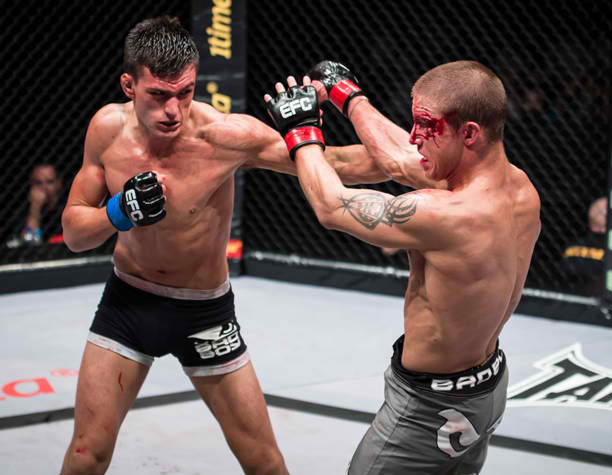


Plus, Rackham says, " For the analogy between moral and material correctness see ii. vi. 9." :
Aristotle :
[2.6.9] If therefore the way in which every art or science performs its work well is by looking to the mean and applying that as a standard to its productions (hence the common remark about a perfect work of art, that you could not take from it nor add to it -- meaning that excess and deficiency destroy perfection, while adherence to the mean preserves it) -- if then, as we say, good craftsmen look to the mean as they work, and if moral virtue, like nature, is more accurate and better than any form of art, it will follow that moral virtue has the quality of hitting the mean.
Rackham also says that Aristotle is "a thinker and writer of extreme precision."
And that's what 2.6.9 is about :
"moral virtue -- Manliness -- has the quality of hitting the mean"
and the mean is Kalon -- Manliness :
Bodies well made, through Actions well done.
The Actions -- the Fightings -- are Noble, Honourable, and Beautiful.
And confer Moral -- aka Ethical -- Supremacy.
Thus, because "moral virtue, like nature, is more accurate and better than any form of art, it will follow that moral virtue has the quality of hitting the mean."
And to see the truth of what Aristotle's saying -- that Moral Virtue -- which is Manly Virtue -- which is Manliness -- is more accurate and better than any form of art, just look at the pic :

And understand that the Combative Congregation --
Is also a Combatant Congregation.

Bill Weintraub
December 23, 2019



By
So :
MANLINESS IS KALON ;
KALON is MANLINESS.
and




And, in case you still don't understand, Wrestling is Fighting.

That's right, Wrestling is a Fight or Combat Sport, what we in the Alliance and Ares Is Lord call a Fight Agonia, and Wrestling, like all Fighting, is Violent and Brutal.
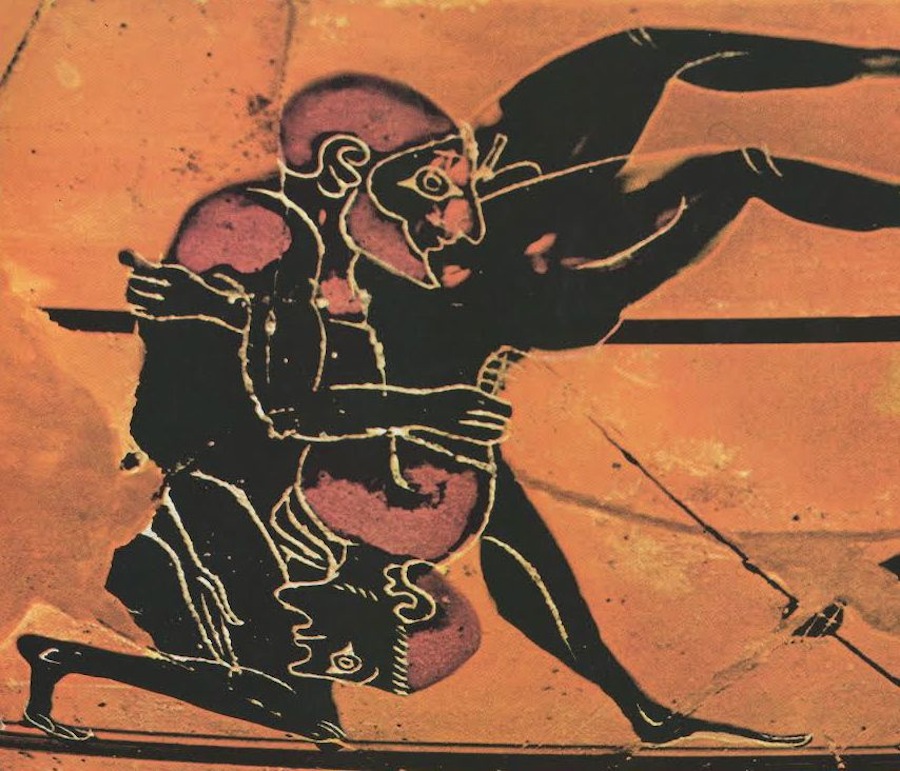
Indeed, classicist Michael Poliakoff -- an expert on Combat Sport in the Ancient Word -- and he's listed as such in our Heroes Reading List -- Prof Poliakoff remarks, at one point, that "Greek wrestling was, to put it simply, a bitter struggle."
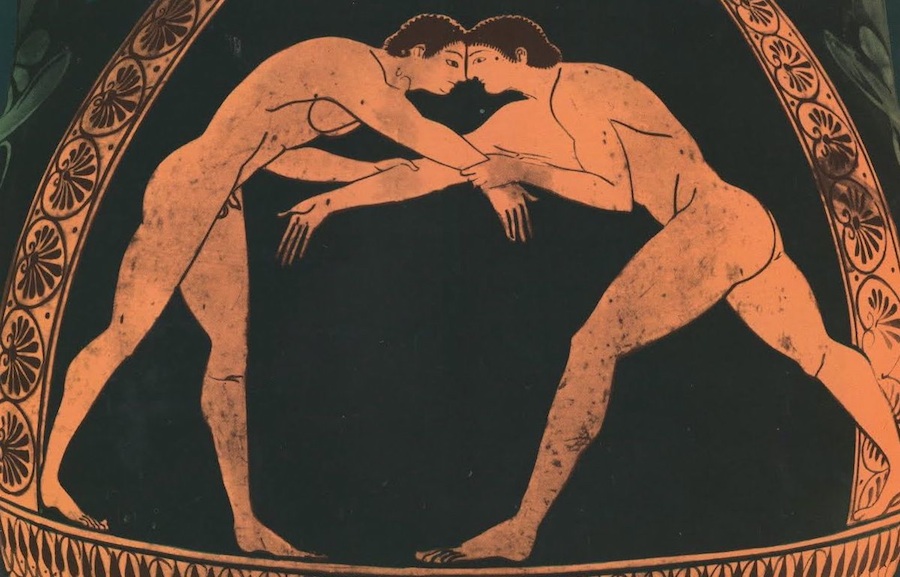
When I told NW what Poliakoff had said, NW, who, again, was a collegiate wrestler and has since trained in MMA, said -- All Wrestling is a bitter struggle.
You get beat up, as he put it.
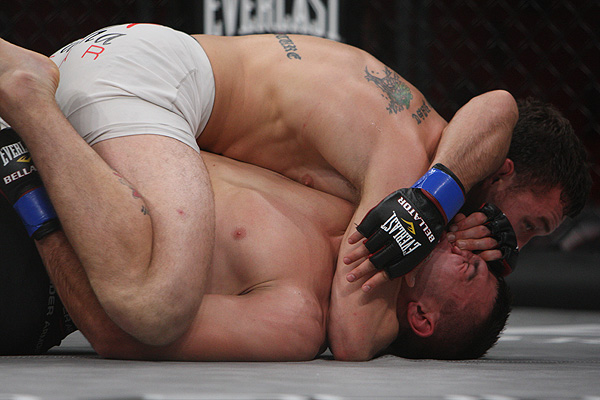
So, while Wrestling is nowhere near as bloody as Boxing and Pankration / MMA, it's still a Fight and Combat Sport, an Agonia, a bitter, violent, and brutal struggle, and the Fighters do get beat up.
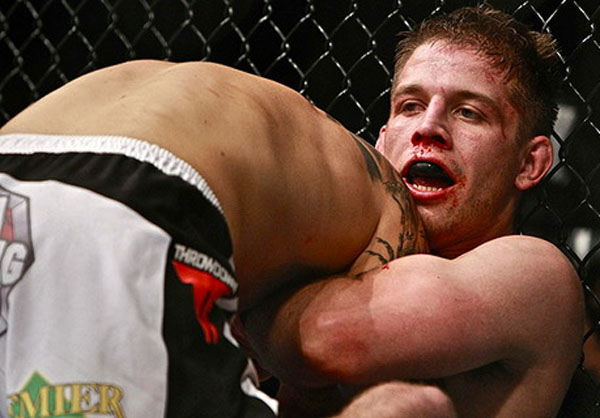
Here's NW's description of the condition of his body after each session of daily collegiate wrestling practice :
- The inside of my mouth was ALWAYS cut up from being cross-faced all the time in matches.
- Every joint hurt walking home from practice.
- And my body was covered in bruises.
And, NW, adds,
- A wrestler's body is in a constant state of healing back up.
- Calories are consumed at a very fast rate.
- Hence, wrestlers are usually very lean.
- Being a wrestler is great.

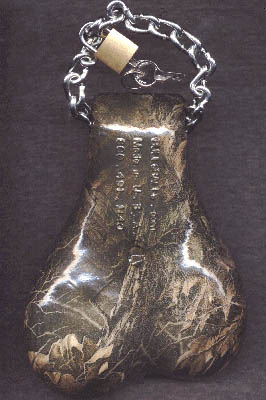





So :
It is for Facing what is Painful, Painful in Fight, that Men are deemed to possess Manliness :



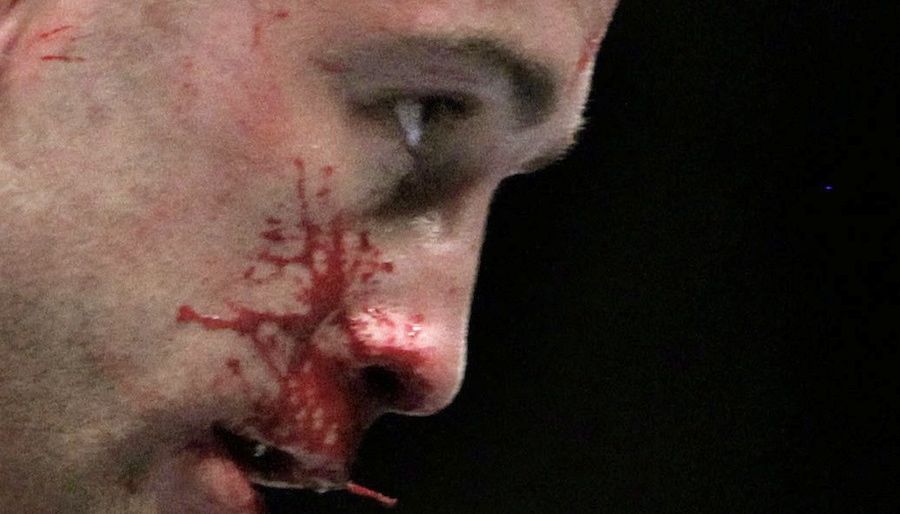





















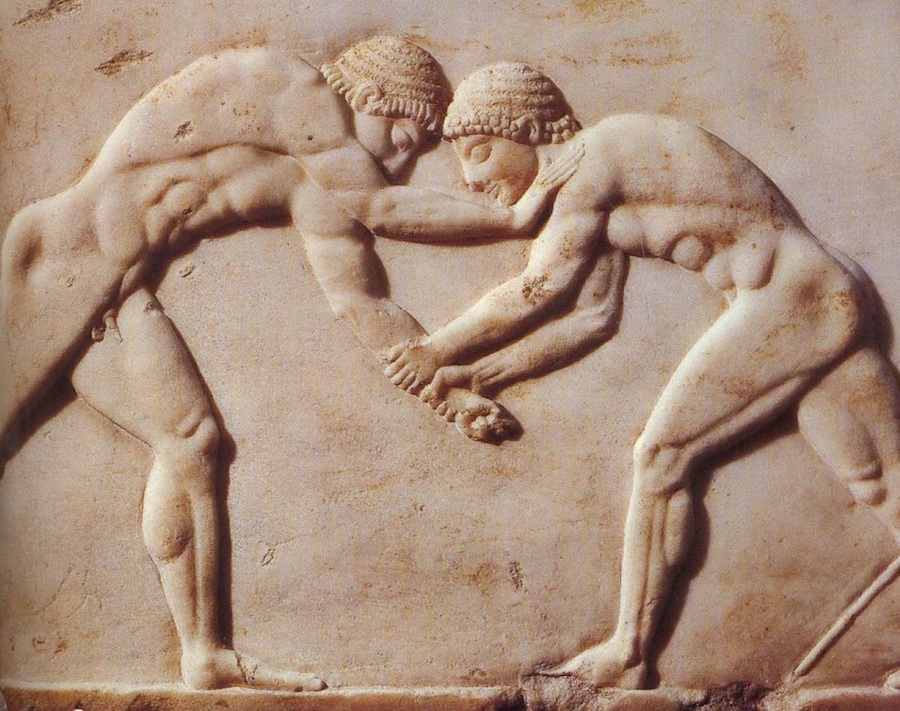






























Aristotle :
Though Manliness is concerned with feelings of confidence and fear, it is not concerned with both alike, but more with the things that inspire fear ; for he who is undisturbed in face of these and bears himself as he should towards these is more truly Manly than the man who does so towards the things that inspire confidence. It is for facing what is painful, then, that Men are called Manly. Hence also, then, Manliness involves pain, and is justly [δικαιος] praised ; for it is harder to face what is painful [λυπηρος] than to abstain from what is pleasant.
~Aristot. Nic. Eth. 1117a, translated by WD Ross and myself.
It is for Facing what is Painful that Men are called Manly
Now :
When Aristotle speaks of over-confidence or rashness, does he mean too much Manliness ?
Answer :
No.
Aristotle explains at length what he means by "rashness" in his extended and extremely useful discussion of Manliness, which begins at Book 3.6.1 of the Nikomachean Ethics.
Basically, rashness or over-confidence is a false Manliness.
It appears at first to be Manly, but on close inspection, it isn't.
Here's part of what Aristotle says :
[3.6.8] The rash man is generally thought to be an impostor, who pretends to manliness which he does not possess ; at least, he wishes to appear to feel towards fearful things as the Manly Man actually does feel, and therefore he imitates him in the things in which he can. [a]Footnote:[a] i.e., in situations not really formidable.
[9] Hence most rash men really are cowards at heart, for they make a bold show in situations that inspire confidence, but do not endure terrors.
So the rash man is actually an impostor, "who pretends to a manliness which he does not possess," being really a coward at heart.
A rash male cannot endure terrors, he fears and cannot face pain.
The Manly Man can and does.
Aristotle :
[T]he Manly Man is proof against fear so far as man may be. Hence although he will sometimes fear even terrors not beyond man's endurance, he will do so in the right way, and he will endure them as principle dictates, for the sake of what is noble [καλον] [a] ; for that is the end at which virtue aims.
Footnote from Prof Rackham :[a] i.e., the rightness and fineness of the act itself, cf. 7.13 ; 8.5,14 ; 9.4 ; and see note on 1.3.2. This amplification of the conception of virtue as aiming at the mean here appears for the first time : we now have the final as well as the formal cause of virtuous action.
Bill Weintraub : The "formal cause" of virtuous action is the individual's "aiming at the mean" between excess and deficiency ; the "final cause" of virtuous action is the individual's decision to act for the sake of what is καλον -- kalon -- that is, what is both Morally Beautiful and Morally Noble.
Which leads us to Prof Rackham's :
Note on 1.3.2 :
Καλον is a term of admiration applied to what is correct, especially (1) bodies well shaped and works of art or handicraft well made (see iii. vii. 6), and (2) actions well done ; it thus means (1) beautiful, (2) morally right. For the analogy between moral and material correctness see ii. vi. 9 :
Aristotle :[2.6.9] If therefore the way in which every art or science performs its work well is by looking to the mean and applying that as a standard to its productions (hence the common remark about a perfect work of art, that you could not take from it nor add to it -- meaning that excess and deficiency destroy perfection, while adherence to the mean preserves it) -- if then, as we say, good craftsmen look to the mean as they work, and if moral virtue, like nature, is more accurate and better than any form of art, it will follow that moral virtue has the quality of hitting the mean.
~Aristot. Nic. Eth. 3.7.2, translated by Rackham and myself.
And it's Prof Rackham who tells us that Aristotle is "a thinker and writer of extreme precision."
And that's what 2.6.9 is about :
"moral virtue -- Manliness -- has the quality of hitting the mean"
and the mean is Kalon -- Manliness :
Bodies well made, through Actions well done.
The Actions -- the Fightings -- are Noble, Honourable, and Beautiful.
And confer Moral -- aka Ethical -- Supremacy.
Thus, because "moral virtue, like nature, is more accurate and better than any form of art, it will follow that moral virtue has the quality of hitting the mean."
And to see the truth of what Aristotle's saying -- that Moral Virtue -- which is Manly Virtue -- which is Manliness -- is more accurate and better than any form of art, just look again at this pic of the Combative Congregation :

Aristotle :
And the Manly Man will endure terrors as principle dictates, for the sake of what is Noble -- Καλον -- for that is the end at which moral virtue aims.
It is the Fighter's willingness to endure the terrors, to endure the pain -- to face the pain and take the pain -- which makes the act Beautiful.
Uniquely Beautiful.
Noble and Beautiful.
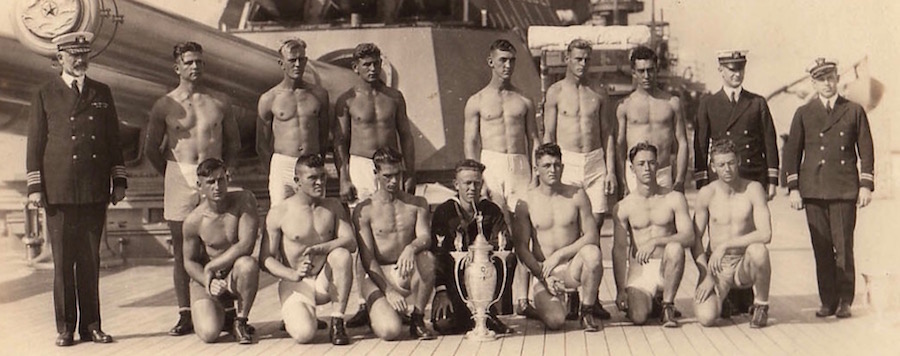
Aristotle :
What form of death then is a test of Manliness [andreia]? Presumably that which is the noblest [kallistos]. Now the noblest form of death is death in battle [polemos -- battle, fight, war], for it is encountered in the midst of the greatest and most noble of dangers [megistos kai kallistos kindunos]. And this conclusion is borne out by the principle on which public honours [Tima] are bestowed in republics and under monarchies.
The Manly Man [ho andreios], therefore, in the proper sense of the term, will be he who fearlessly confronts a noble death [kalos thanatos], or some sudden peril that threatens death ; and the perils of polemos -- battle, fight, war -- answer this description most fully.

Aristotle :
And every activity aims at the end [telos -- fulfillment, completion, consummation, result] that corresponds to the disposition of which it is the manifestation. So it is therefore with the activity of the Manly Man [ho andreios] : his Manliness is noble [kalos] ; therefore its consummation is nobility [kalon], for a thing is defined by its consummation ; therefore the Manly Man endures the terrors and dares the deeds that manifest Manliness, for the sake of that which is noble.
~Aristotle, Nikomachean Ethics, 1115a-6, translated by Rackham and myself.
Again, Kalos at its most basic means both Noble and Beautiful.
And it's pain -- the pain of Fight -- and the Fighter's Willingness to Face and Take that Pain -- which confers Nobility and Beauty.
I'll have more to say about this -- below.
For now :
The end at which moral virtue -- ethical excellence -- aims, is Nobility -- Καλον -- Kalon ; and, as we discussed The Combative Congregation, Kalon is a term of admiration for bodies well made, actions well done.
Καλον -- Moral Nobility -- which is Manliness.
And the action in question is always Fighting :



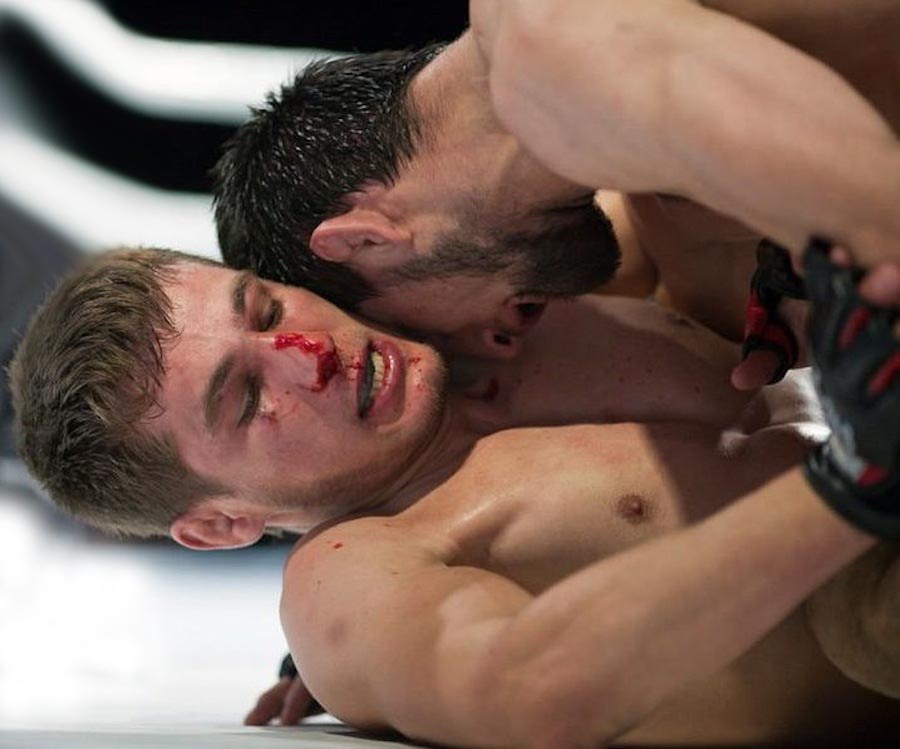

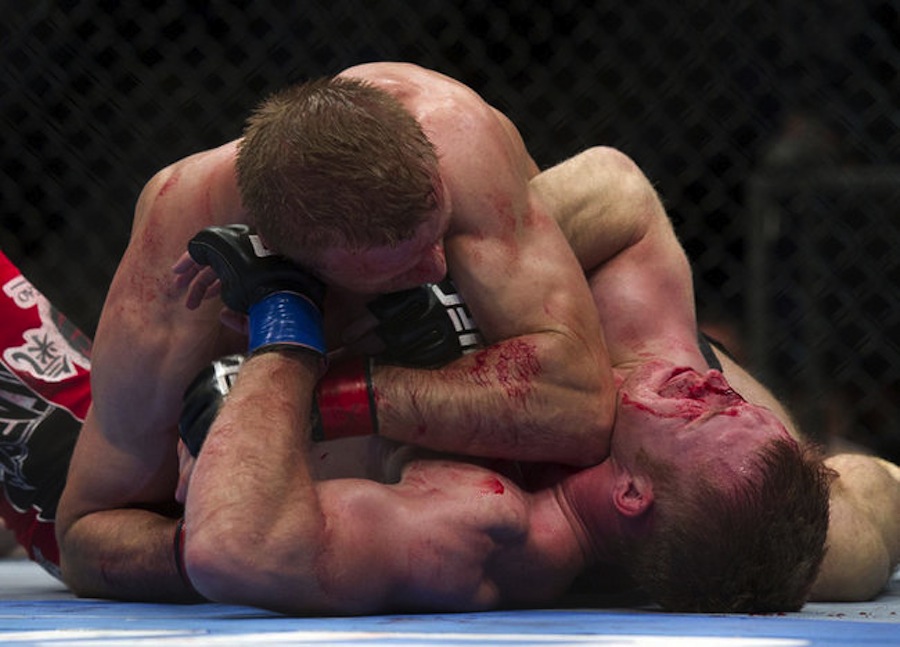



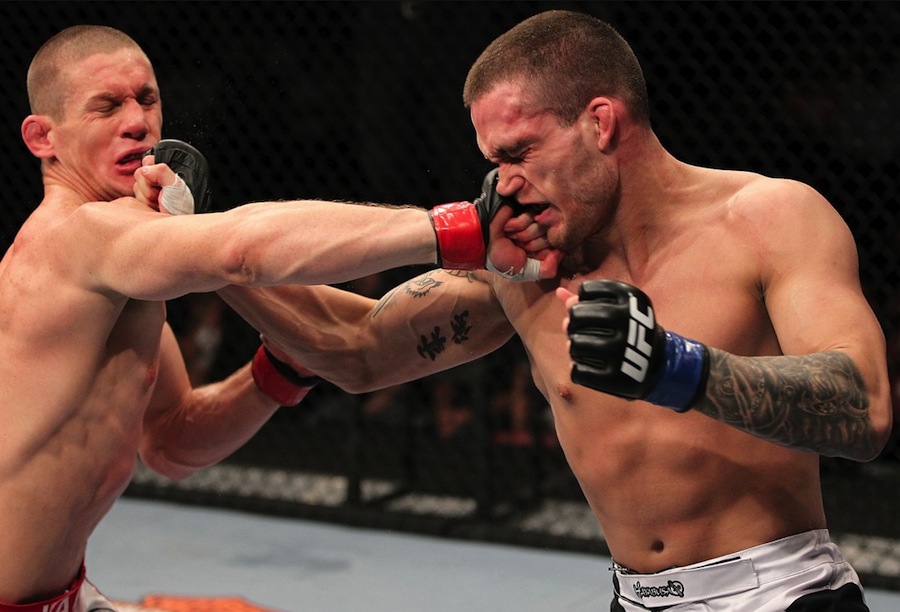



Aristotle :
It is possible to fear terrors too much, and too little ; and also to fear things that are not fearful as if they were fearful.
Error arises either from fearing what one ought not to fear, or from fearing in the wrong manner, or at the wrong time, or the like ; and similarly with regard to occasions for confidence.
The Manly Man then is he that endures or fears the right things and for the right purpose and in the right manner and at the right time, and who shows confidence in a similar way.
Bill Weintraub :This is an important statement -- and a statement of extreme precision.
To understand its importance, we need to contrast it with what Aristotle tells us about the opposite of Moral Virtue -- which is Moral Evil :
Moral Virtue then is a settled disposition of the mind determining the choice of actions and emotions, consisting essentially in the observance of the mean relative to us, this being determined by principle, or whatever we like to call that by which the prudent man would determine it.[16] And it is a mean state between two vices, one of excess and one of defect. Furthermore, it is a mean state in that whereas the vices either fall short of or exceed what is right in feelings and in actions, virtue ascertains and adopts the mean.
[17] Hence while in respect of its substance and the definition that states what really is in essence virtue is the observance of the mean, in point of excellence and rightness it is an extreme. [aristos, eu, akros]
[18] Not every action or emotion however admits of the observance of a due mean. Indeed the very names of some directly imply evil, for instance malice, shamelessness, envy, and, of actions, adultery, theft, murder. All these and similar actions and feelings are blamed as being bad in themselves ; it is not the excess or deficiency of them that we blame.
It is impossible therefore ever to go right in regard to them -- one must always be wrong ; nor does right or wrong in their case depend on the circumstances, for instance, whether one commits adultery with the right woman, at the right time, and in the right manner; the mere commission of any of them is wrong [amartano].
[19] One might as well suppose there could be a due mean and excess and deficiency in acts of injustice or cowardice or profligacy, which would imply that one could have a medium amount of excess and of deficiency, an excessive amount of excess and a deficient amount of deficiency.
[20] But just as there can be no excess or deficiency in temperance and justice because the mean is in a sense an extreme, so there can be no observance of the mean nor excess nor deficiency in the corresponding vicious acts mentioned above, but however they are committed, they are wrong; since, to put it in general terms, there is no such thing as observing a mean in excess or deficiency, nor as exceeding or falling short in the observance of a mean.
~Aristot. Nic. Eth. 2.6.15-18, translated by Rackham.
Contrast what Aristotle says about adultery -- which is a form of sexual promiscuity -- and which "must always be wrong" -- that it doesn't matter whether the act is done "with the right woman, at the right time, and in the right manner; the mere commission of any of them is wrong [amartano]" --
With what he says about Manliness :
The Manly Man then is he that endures or fears the right things and for the right purpose and in the right manner and at the right time, and who shows confidence in a similar way.
What the adulterer does is always wrong.
While what the Manly Man does is by definition always Morally Upright and Morally Excellent.
Aristotle :
For the Manly Man feels and acts as the circumstances merit, and as principle may dictate.
And every activity aims at the end [telos -- fulfillment, completion, consummation, result] that corresponds to the disposition [ -- in this case, Manliness -- ] of which it is the manifestation. So it is therefore with the activity of the Manly Man [ho andreios] : his Manliness is noble [kalos] ; therefore its consummation is nobility [kalon], for a thing is defined by its consummation ; therefore the Manly Man endures the terrors and dares the deeds that manifest Manliness, for the sake of that which is noble.
~Aristotle, Nikomachean Ethics, 1115a-6, translated by Rackham and myself.





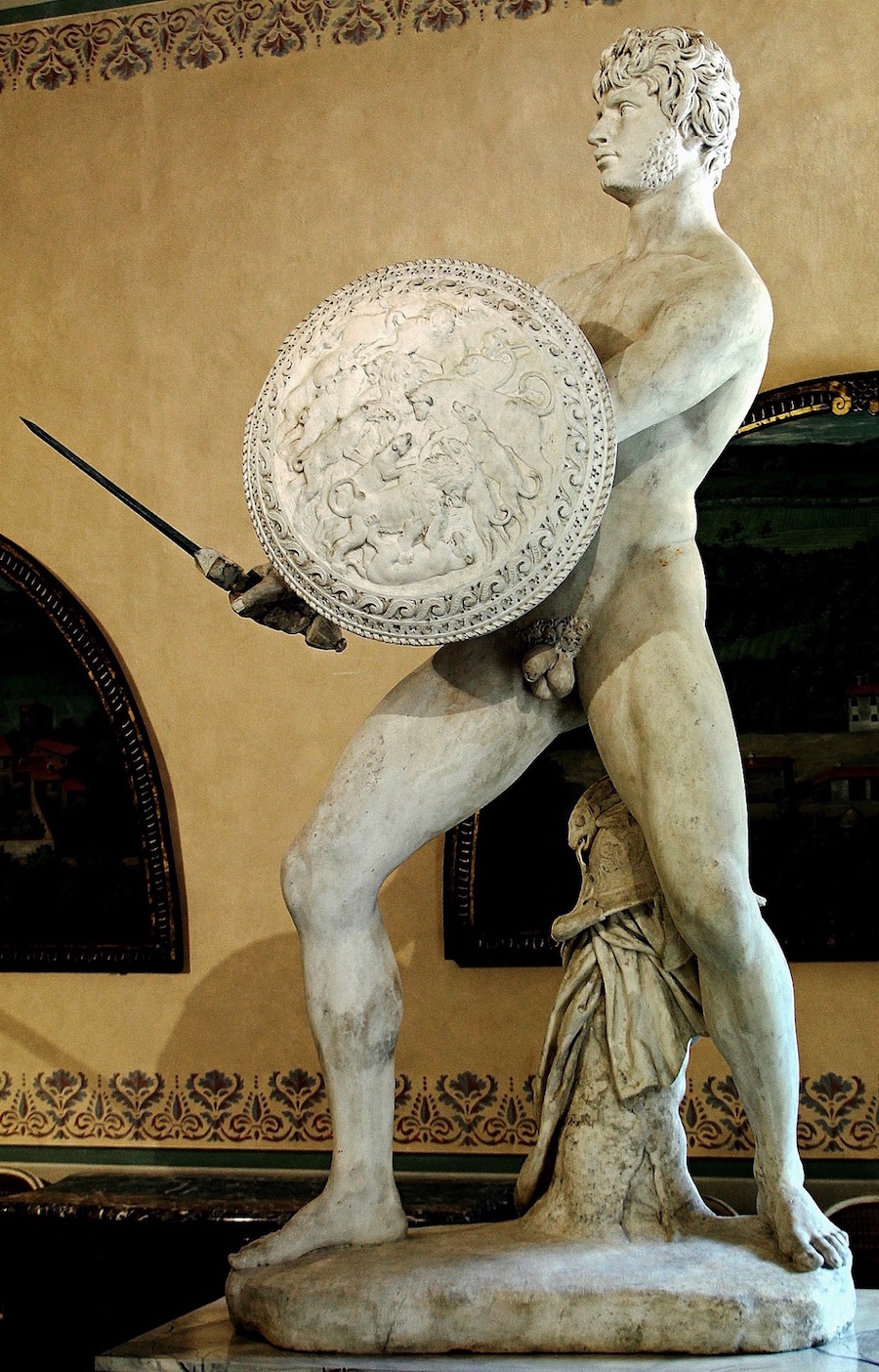


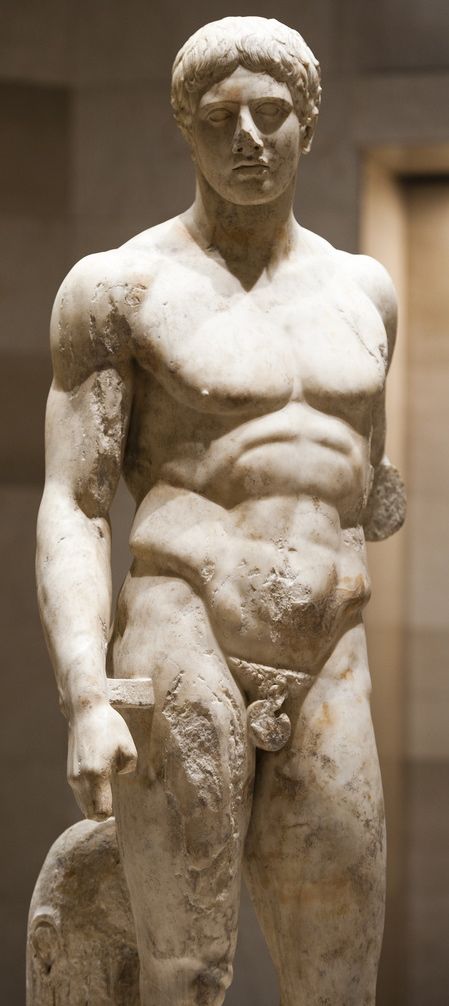
And Manliness, again, is the chief moral virtue, the most important ethical excellence, in Aristotle's system of Ethical Virtue in The Nicomachean Ethics, which Rackham tells us is the most important exposition of ancient Greek Pagan and Hellenist Ethics -- which we have :
Aristotle's review of the virtues and graces of character that the Greeks admired stands in such striking contrast with Christian Ethics that this section of the work is a document of primary importance for the student of the Pagan world.
And what makes it so important is first of all the extreme precision of Aristotle's thought and writing, and the fact that Aristotle makes constant reference to what the Greeks of his time actually believed and how they actually behaved.
To them, as to the Romans and the Kelts and the Teutons etc, Manliness is the most important Moral Virtue -- by far.
Manliness -- Fighting Manhood -- and its accompanying Fighting -- is the Summum Bonum -- the Supreme Good.






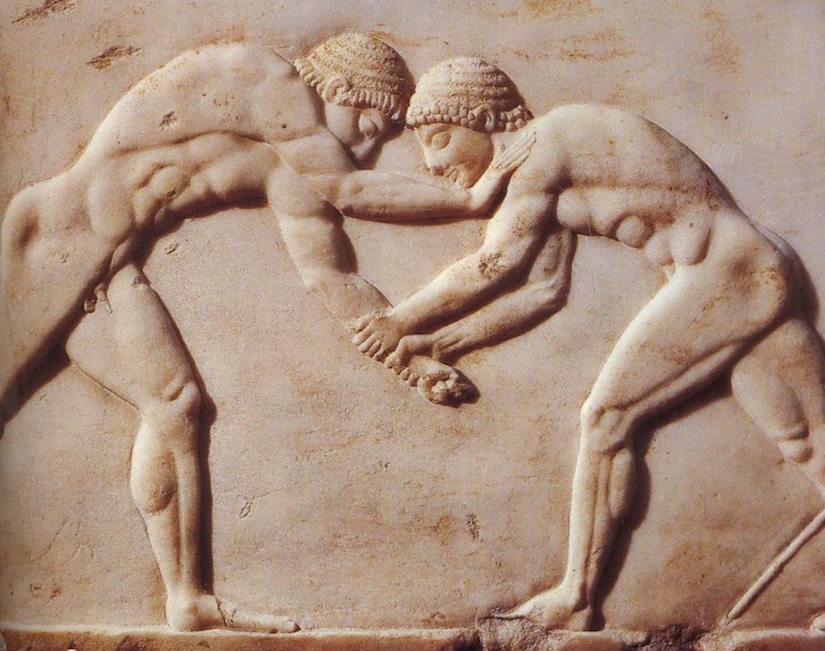







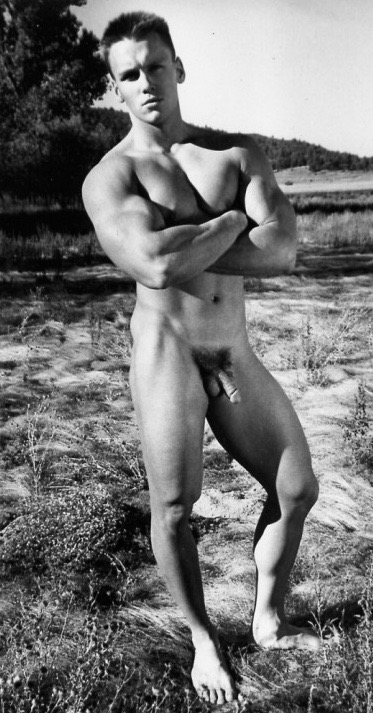
© All material Copyright 1997 - 2022 by Bill Weintraub.
All rights reserved.